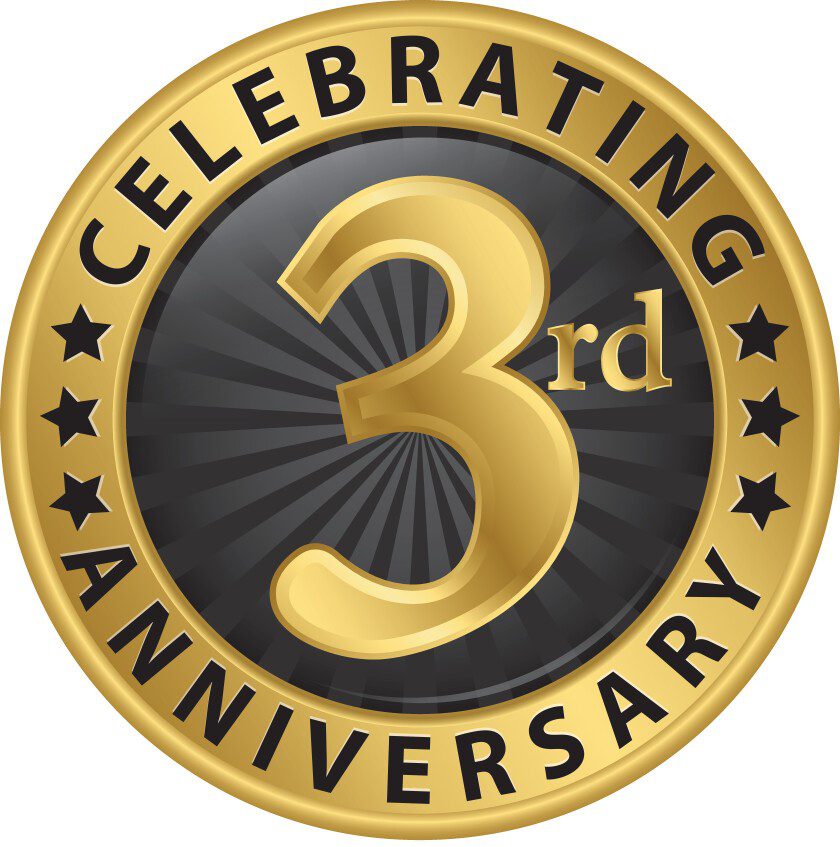COMMENTARY
Jotting down private thoughts, fond memories, terrible experiences, what you’d like to do to maddingly frustrating people and bosses, and fanciful dreams and goals may provide you with the best medicine without a doctor’s prescription. That’s journaling.
If you journal at the end of the day, studies show a 25% increase in performance. If you write for 15-20 minutes after traumatic and stressful events, you’re likely to show improved physical and psychological health. Writing reflects clear thinking, and in turn, clear communication, a Stanford University study found.
If you journal at the end of the day, studies show a 25% increase in performance. If you write for 15-20 minutes after traumatic and stressful events, you’re likely to show improved physical and psychological health. Writing reflects clear thinking, and in turn, clear communication, a Stanford University study found.
To get started, begin with prayer. Ask God to lead you as you decide when to write – early morning, midday, or late evening before bed — and how often to write — every day, once a week, or only when moved to.
Keeping a spiritual journal can help clarify your understanding of the nature and will of God, give you a chance to play with ideas, help you know yourself better, bring out thoughts that might never have occurred to you otherwise, and even force you to take time out on a regular basis to sit with God to make some sense of life. You can record insights, promises, specific prayers, and God’s answers to prayers. Or, you can be cathartic, listing disappointments, hurt, pain, and suffering or precious insights from daily life.

There are no rules in journal writing. The pages are for your eyes only unless you want to share a few things you’ve learned about yourself as God’s Holy Spirit directs your thoughts and insights.
Journaling is a timeless practice. Even Roman Emperor Marcus Aurelius spent mornings inside his tent on the front lines of the war in Germania a little less than 2,000 years ago putting ink to papyrus to jot down reminders and aphorisms of Stoic thinking. And German refugee Anne Frank was only 13 years old when a gift of a red-and-white “autograph book” enabled her to “confide everything …as I have never been able to confide in anyone” about unimaginable adversity.
You benefit, of course, but as Frank and Aurelius showed, there also are advantages for your loved ones, friends, and acquaintances. That is what 15-year-old Jordan Canedy realized when his mom shared a journal kept by his father First Sgt. Charles Monroe King died in Iraq in 2006. What King penned inspired a book and a movie that was released in theaters on Christmas Day in 2021.
King obviously understood “there are things Jordan has to grow to appreciate in the journal,” Jordan’s mom, Dana Canedy, told Religion News Service recently in an interview that included two-time Academy Award winner Denzel Washington, who directed and produced the movie: “A Journal for Jordan.”
King obviously understood “there are things Jordan has to grow to appreciate in the journal,” Jordan’s mom, Dana Canedy, told Religion News Service recently in an interview that included two-time Academy Award winner Denzel Washington, who directed and produced the movie: “A Journal for Jordan.”
Although our journals may never make it to public forums or onto the bookstore shelves of nationwide chains, we can take comfort in the fact that our spiritual journaling may lead to a closer relationship with God as we reflect upon the place of Jesus Christ in a tension-filled world. Journaling also may keep us out of trouble when we write out frustrations instead of acting on them.
Written by TMCH


